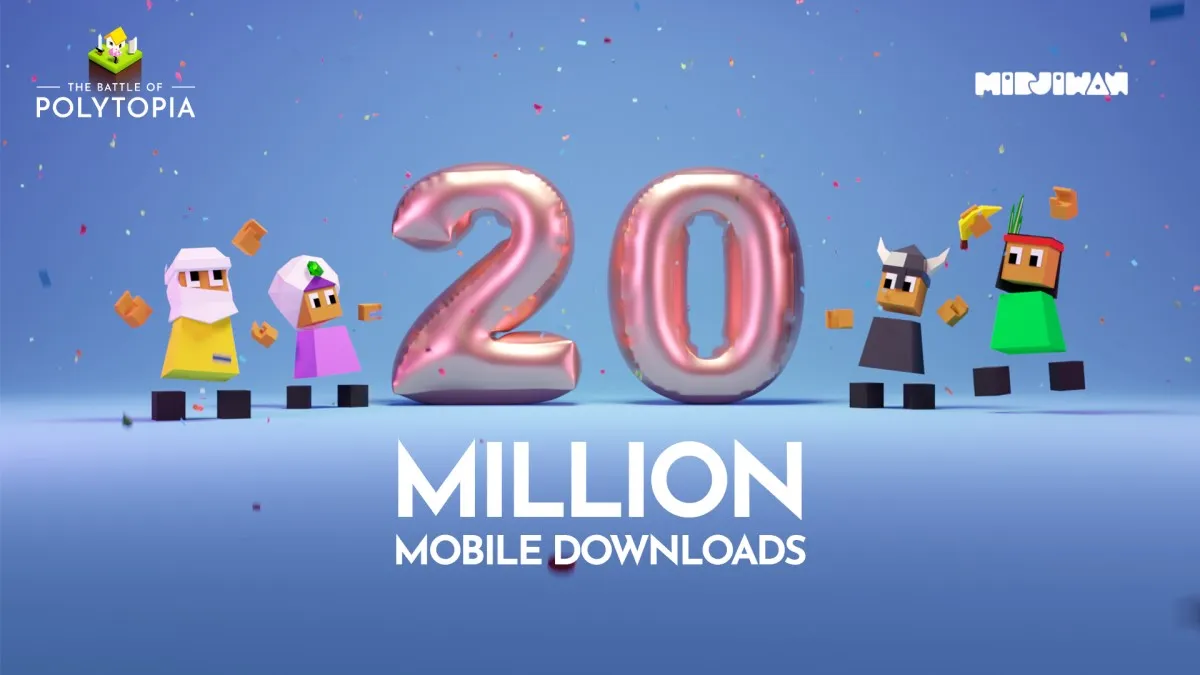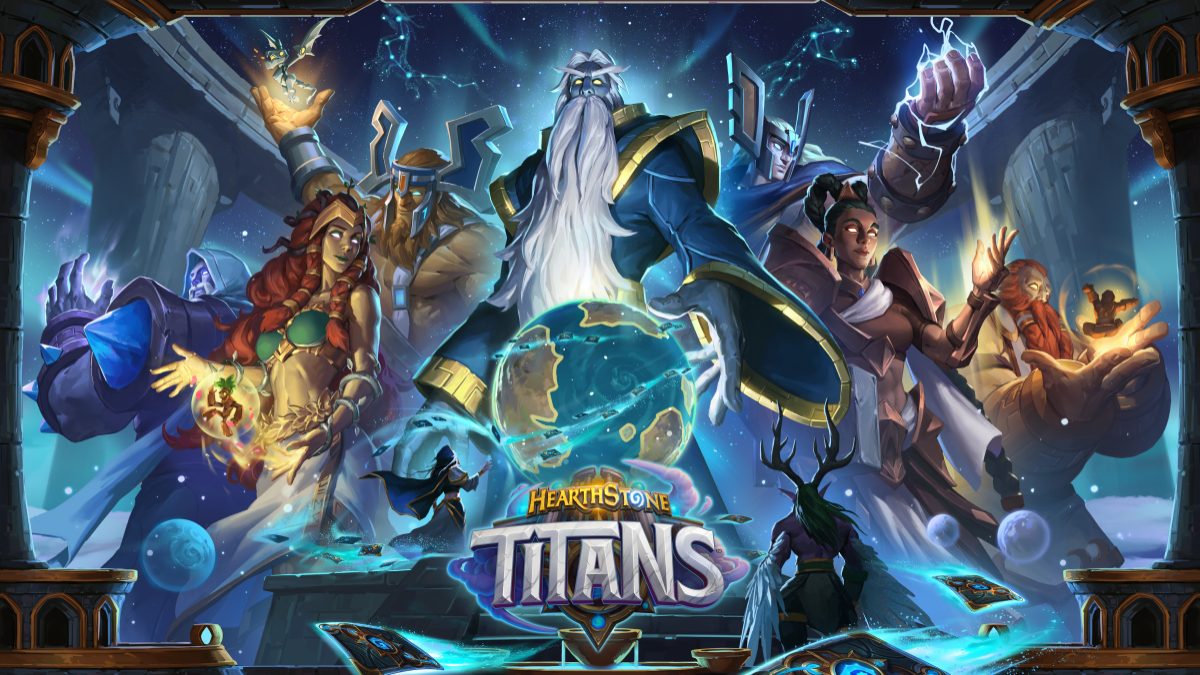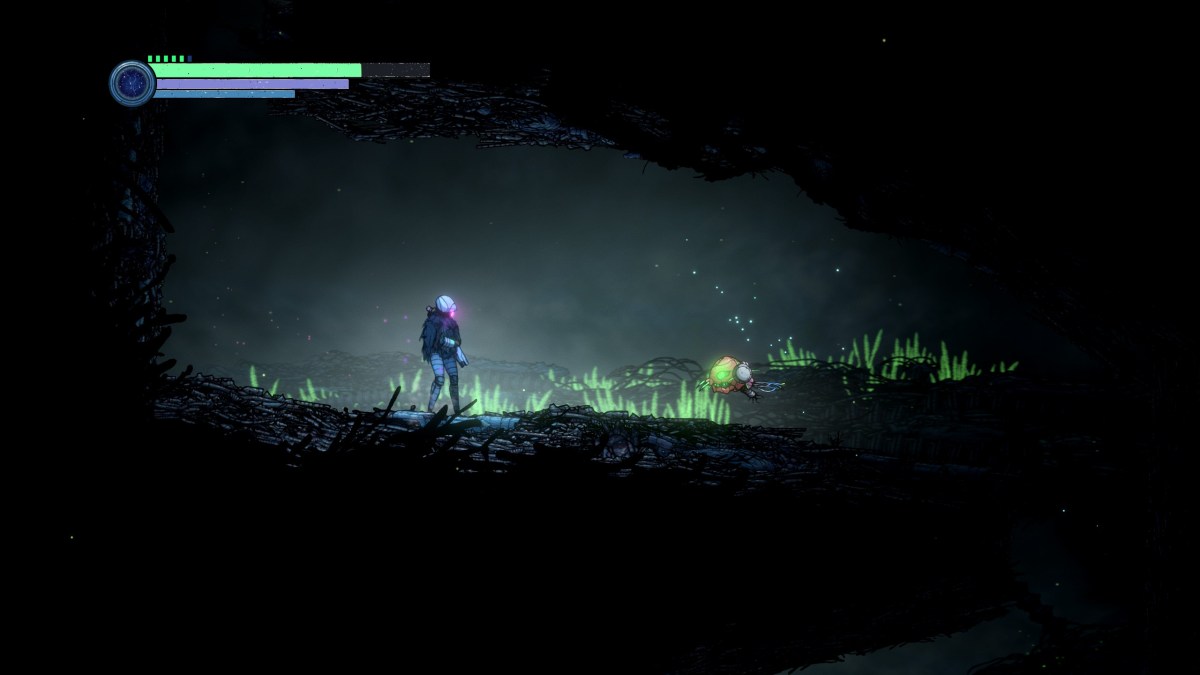With Homefront setting record pre-order numbers for THQ there’s a lot riding on the success of Kaos Studios’ near-future shooter set in a United States under the control of the North Korean army.
No one is more aware of how important success is than the studio’s Creative Director and General Manager, David Votypka. We grab the man in charge for a chat about how saturated the FPS genre has become, story-telling in games and the difficulty of getting players to work together in team-based multiplayer modes.
IncGamers: Now that the game is finished and on the verge of release, are you happy with it?
David Votypka: Yeah, I am. I’m proud of what we’ve done. Obviously, I think every game developer, no matter how long they’ve worked on a game, is gonna be like “oh, I wish we could have got to this or polished that or fixed this” but Homefront has a lot of unique and compelling elements to it.
The single player is going to feel very different from a lot of the contemporary shooters and the multiplayer has a lot of really fun innovations so, I think players are going to have a lot of fun with it.
Were there any specific elements that you’d talked about during the design phase that you didn’t get around to including?
A bunch (laughs); from certain maps and missions that we didn’t include to various other features. But I think it always goes like that because of the limit on time and resources.
What single element would you improve? For example, if you could release the sequel tomorrow, how would it differ from Homefront as it stands now?
A few things. I think the Half Life 2 story telling system that we’re doing for in-game story telling – no cut-scenes, your allies constantly leading you through and so on – Valve worked on theirs for something like five or six years. So I think systems like that can always be polished and improved as there’s a lot of nuances and details to it that take a lot of time to work on.
I also think that [story telling] can be done in really interesting ways with, transitions in and out of the combat (from story to combat moments) and making that tighter and less about ‘we’re in story mode, then we’re in combat mode’ and more about blurring the two even more.
We do some of that in Homefront. In chapter one, in the house, you’re fighting and there’s a woman with a baby in there and you’re getting story and combat together. Going forward I’d like to do a lot more of that and have some sort of consequences to your emotional choices.
So it’s more to tell a story within the gameplay as opposed to the cut-scene approach?
For sure, because the player can go anywhere and do anything during those [story] moments. The woman with the baby in the house for example, if that bit had dropped out to a cut-scene with her yelling and screaming and then the cut-scene ends and the gameplay begins, that would not have been the same as you fighting through while that’s happening.
Of course, there are a lot of design issues in there. Things like: what does she do during combat? Can she be shot? It opens a whole can of worms but ultimately, once you get that system to where it needs to be, it’s much more rewarding and you can be much more creative with it.
With Killzone, Bulletstorm, COD and Battlefield already out, and a whole bunch of FPS’s due out this year, is it getting difficult to stand out? Is the genre reaching saturation point?
It’s pretty saturated, for sure, but – like any market that becomes saturated with products – only the ones that stand out are going to survive. For me I think Homefront immediately begins to stand out when you hear about the premise, when you hear “experience occupied America”. I think that a lot people think that that’s interesting and want to know more about it.
If you can get your concept down to a few words then I think that’s a great start to standing out in the market; even one as saturated as this one. Then it’s about making sure your fundamental mechanics are all triple-A, because it’s always about quality, right? After that it’s about what you’re adding to [those mechanics].
In single player, us doing the guerrilla warfare, common man turned freedom fighter approach, it’s not you and a bunch of super-soldiers, you’re on the run and you’re seeing some pretty harrowing scenes of occupation. That’s something you don’t really see in a lot of shooters and I think we’re doing things that people aren’t going to expect to see.
And in the multiplayer?
In the multiplayer I think we’ve got a really strong infantry experience mixed with some great vehicle gameplay and really interesting, targeted innovations like the battle points system and the battle commandeer system. I’m pretty happy with how those systems play together and generally it flows really well and it forces you to make on-the-fly strategic decisions.
With that innovations and human side to single player mixed with the multiplayer, I think that there are a lot of differentiators in Homefront.
Given all those different elements to multiplayer, how difficult is it to balance and prevent it from becoming lopsided or exploited by hardcore players?
It’s really hard. The way to [balance] it is by doing a lot of play testing. We’ve been play testing every day for over two years at the studio, we’ve done a bunch of focus testing for it and we also built most of our tuning systems to be dynamic so we don’t have to do a title update/patch ; we can tune damage values, Battle Point values and so on through the server and it’ll dynamically update on the client (i.e. your console).
But, you never really know how it’s going to play until you get it out there.
The lack of a sense of ‘team’ is an issue that many online FPS’s suffer from, how do you make every player feel like they’re contributing to the success of their team in multiplayer?
In a couple of ways, with Battle Points probably being the main one. Usually in objective based game modes you’ll see a lot of players not bothering to capture the objectives, it’s all about getting their kill/death ratio up. With Battle Points, when you capture an objective you’re getting a really valuable Battle Point reward to go with it. Ultimately, I think every individual’s motivation in Homefront is to get as many Battle Points as you can because it gives you access to everything you need; weapons, drones, vehicles and so on.
We’ve seen players capturing objectives a lot more than in past games we’ve played or worked on, as a result of Battle Points. It’s really hard to force players to work together but, when you encourage team play through self-motivating tactics (which is what Battle Points does) then it inherently results in team play and I’m pretty happy with how that’s come about.
Are there any differences between the console and PC editions of Homefront?
The PC has a few custom features; there’s some more clan and tournament support, there’s some match recording and squad command stuff allowing for a few more communication tools. We really tried to cater to the PC community and give them what they want because they’re a different audience and we ourselves have come from that area. We want to make sure those guys feel well taken care of, we didn’t want to just do a PC SKU as a port but actually do a PC SKU as PC focused game.
It was announced a few weeks ago that Homefront has set record pre-order numbers for THQ. Is that exciting for you guys or is it daunting in that there’s now added pressure to really deliver something exceptional?
It’s generally exciting. To me it says that people are excited about the concept. I think that we’re delivering on what we’ve talked about, I don’t think we’ve promised any features that aren’t in the game. The stuff that we’ve shown has all been in-game so, if people are excited by that, then I think they’ll be excited when they play it.
What have you got planned now you’ve finished up the game?
Take some time off (laughs).
We’ve always viewed Homefront as a franchise so, assuming the game does well, then the plan is to continue working on it. We’ve got specific Homefront work that we’ve already designed and talked to THQ about, we just haven’t announced anything yet.
And, we’re also doing DLC.
Recommended Videos
PC Invasion is supported by our audience. When you purchase through links on our site, we may earn a small affiliate commission. Learn more about our Affiliate Policy
Author
Paul Younger
Founder and Editor of PC Invasion. Founder of the world's first gaming cafe and Veteran PC gamer of over 22 years.
We have upgraded our commenting platform! Existing comments will be imported over the next few weeks.






Published: Mar 13, 2011 11:47 pm